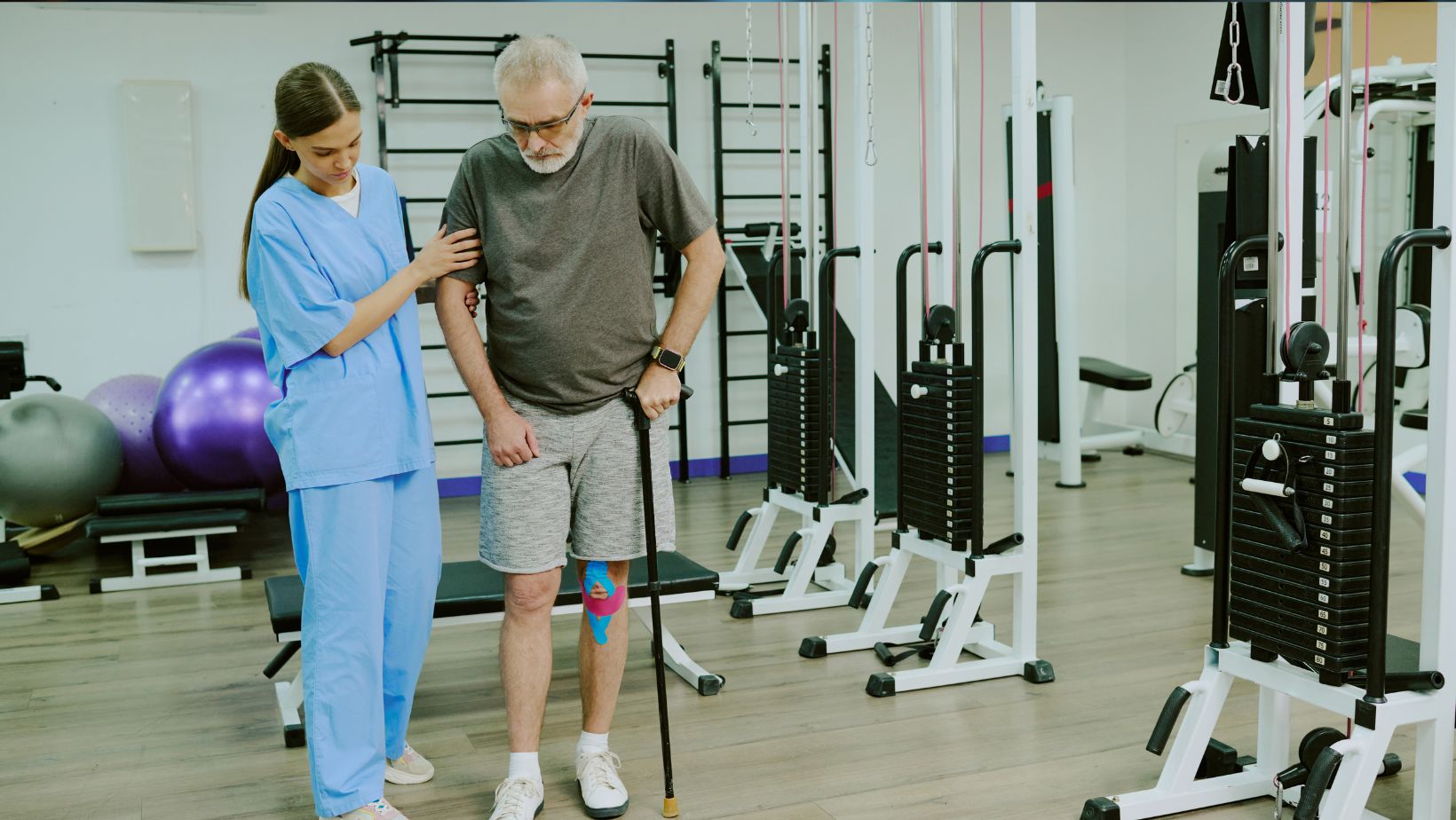
For many people seeking recovery, the idea of leaving home and work behind for an extended stay in a residential program can feel overwhelming. Outpatient rehab provides a flexible alternative that allows individuals to receive professional treatment while continuing to manage daily responsibilities. But how exactly does outpatient rehab work, and who is it best suited for?
What Is Outpatient Rehab?
Outpatient rehab is a level of care that provides structured therapy and support without requiring clients to live at a facility. Instead, participants attend scheduled treatment sessions during the week and return home afterward. This model makes it possible to balance recovery with family, work, or school commitments.
Types of Outpatient Programs
Not all outpatient rehab programs look the same. The most common formats include:
- Standard Outpatient Programs (OP): A few hours of therapy per week, often focused on ongoing support after more intensive treatment.
- Intensive Outpatient Programs (IOP): Several therapy sessions each week, typically 9–12 hours, with a focus on relapse prevention, group counseling, and skill building.
- Partial Hospitalization Programs (PHP): The most intensive form of outpatient care, involving daily sessions that closely mirror the structure of inpatient treatment.
Each level is tailored to the individual’s needs and the severity of their substance use.
What Happens During Treatment?
Outpatient rehab typically includes a combination of:
- Individual therapy to address personal challenges and goals
- Group counseling to build peer support and accountability
- Family therapy to strengthen relationships and improve communication
- Educational sessions focused on relapse prevention, life skills, and coping strategies
- Medication management when necessary, under the supervision of medical professionals
This mix of clinical and supportive care ensures individuals receive holistic treatment while maintaining their independence.
Who Is a Good Fit for Outpatient Rehab?
Outpatient rehab is best for people who:
- Have a stable and supportive home environment
- Are highly motivated to stay engaged in recovery
- Have completed detox or inpatient treatment and are ready to transition
- Need a lower level of care while balancing work, school, or family obligations
According to the Substance Abuse and Mental Health Services Administration (SAMHSA), outpatient programs are especially effective when paired with strong social support and ongoing monitoring.
Choosing the Right Program
Every recovery journey is unique, so finding the right program is essential. For those seeking outpatient rehab in Massachusetts, options are available that provide personalized care designed to meet individual needs. Treatment centers often begin with a professional assessment to determine the best level of outpatient support.
Taking the First Step
Outpatient rehab works by blending structure with flexibility, allowing individuals to receive evidence-based treatment while continuing their lives at home. With the right program and a commitment to recovery, outpatient care can be a powerful step toward long-term sobriety.







